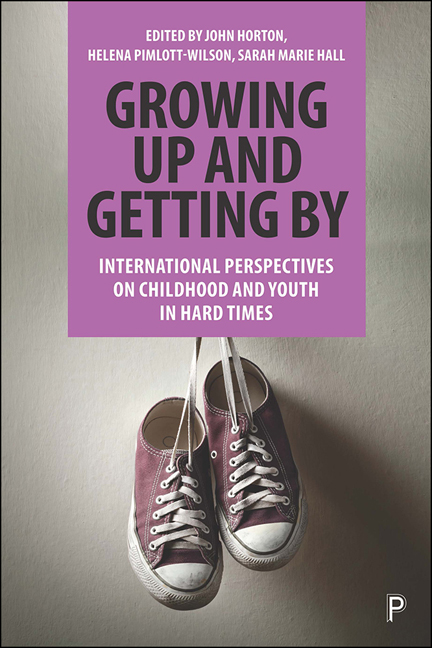11 - Immigration, employment precarity and masculinity in Filipino-Canadian families
Published online by Cambridge University Press: 18 December 2021
Summary
Introduction
This chapter explores gender disparity and masculinity among Filipino-Canadian youth and the role this plays in shaping their aspirations. In particular, it highlights a concerning and anomalous pattern of intergenerational social (im)mobility for young Filipino-Canadian men. Taking post-secondary educational pathways as an indicator of social mobility, I first show how youth in the Filipino-Canadian community have anomalously low levels of university graduation relative to their peers in other major immigrant communities in Toronto. This is also anomalous in a second sense, because Filipino parents arrive in Canada with unusually high levels of education compared to first generation immigrants from other source countries. Nevertheless, expected patterns of intergenerational social reproduction (in which university-educated parents cultivate degree-gaining children) do not seem to hold, and this has been especially true for male Filipino youth who arrived in Canada as children. In fact by certain measures, and at certain times, male childhood immigrants from the Philippines have had the lowest levels of university graduation of any racialised immigrant community.
The reasons behind this pattern, at least among Filipino youth in general, have been explored elsewhere (Farrales, 2017; Kelly, 2014; 2015; Kelly and Maharaj, 2019). What has often been missed, however, are questions of gender disparity and masculinity (although see Waters, 2010). Conversely, while masculinity has been extensively addressed in relation to class reproduction in general (going back to the classic by Willis, 1980), the intersectional context of masculinity in racialised and immigrant families has been less explored (although there are some recent exceptions in the geographical literature, including Hardgrove et al, 2015a; 2015b; and McDowell, 2014; 2020). In this chapter, I ask what are the particular circumstances that might produce marginalisation among young men in the Filipino community, with consequences for their educational, employment and economic outcomes. I suggest that there are two important sets of processes that have contributed to Filipino families’ experiences of intergenerational mobility, both of which need to be viewed with regard to their gendered impacts and their effects on the performance of masculinity.
The first has been the specific migration streams through which Filipino immigrants have arrived in Canada.
- Type
- Chapter
- Information
- Growing Up and Getting By , pp. 211 - 230Publisher: Bristol University PressPrint publication year: 2021
- 1
- Cited by

